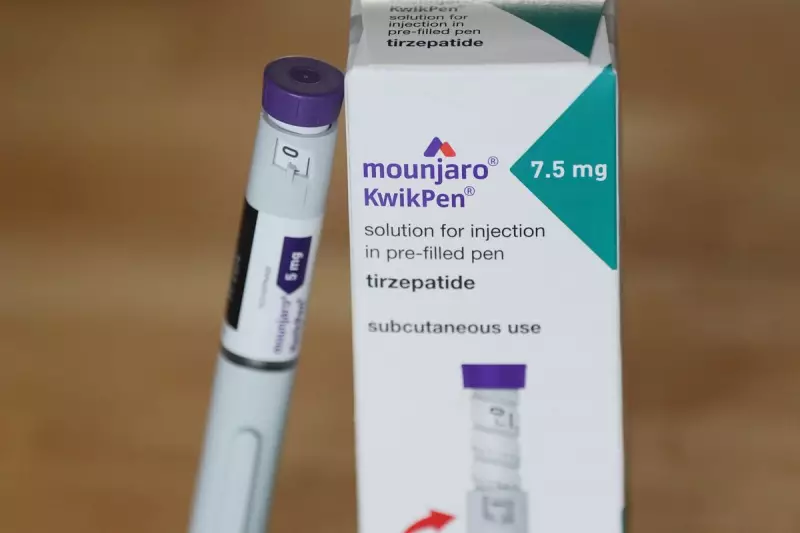
A major new study has revealed that the health benefits gained from the popular weight loss injection Mounjaro are quickly reversed when patients stop their treatment.
The Reversal of Health Gains
Research published in the journal Jama Internal Medicine found that patients who ceased taking tirzepatide, sold under the brand name Mounjaro, not only regained a significant amount of weight but also saw a reversal of other key health improvements. These included increased blood pressure and higher levels of 'bad' cholesterol, which had previously been reduced by the medication.
The study, released on Tuesday 25 November 2025, delivered a stark statistic: 82 per cent of participants regained 25 per cent or more of the weight they had initially lost after discontinuing the jab.
Implications for Long-Term Obesity Care
Scientists behind the research concluded that these findings strongly support the necessity for continued medical treatment in adults living with obesity. The study suggests that, for many, obesity is a chronic condition requiring ongoing management rather than a short-term fix.
This position is supported by The National Institute for Health and Care Excellence (NICE), which has also issued warnings about the likelihood of weight regain after stopping such treatments. NICE emphasises that medication should be part of a broader strategy that includes long-term behavioural changes and structured support systems to help maintain a healthier weight.
A Sustained Approach to Weight Management
The findings highlight a critical challenge in modern weight management. While injectable treatments like Mounjaro offer powerful short-term results, maintaining these gains requires a sustained, multi-faceted approach.
This research underscores the importance of viewing these medications as one component of a comprehensive, long-term health plan, rather than a standalone solution. For patients and healthcare providers in the UK, it reinforces the need to combine pharmaceutical interventions with lasting lifestyle modifications.






